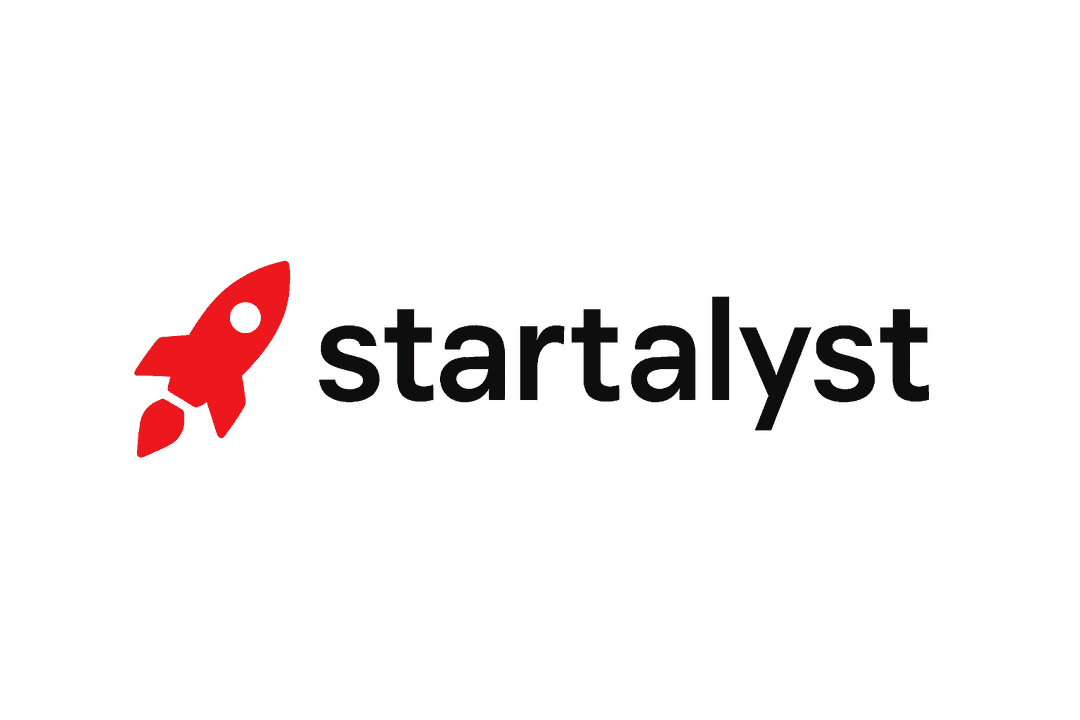Cyber Security Business Ideas Starter Guide
How to Get the Best Results
Start small and specific: pick one client type and one clear deliverable for your cyber security business ideas, such as phishing simulations for small healthcare clinics or cloud configuration reviews for startups. Niching reduces sales cycles and lets you build repeatable processes that you can productize.
Validate with conversations and low-cost pilots before you build a full service. Use a single channel like LinkedIn outreach or local industry meetups to test pricing, scope, and the exact wording that converts prospects into paying customers.
Step 1 — Who are you?
Match your background to the most natural services you can sell quickly. Below are example profiles and the concrete advantage each gives when launching cyber security business ideas.
- Ex-IT administrator — Network hardening — You can quickly audit on-prem gear and offer configuration fixes that stop common breaches.
- Former penetration tester — Offensive assessments — You can sell scoped pentests that highlight exploitable issues and remediation steps.
- Compliance officer — Regulatory mapping — You can turn audit checklists into compliance packages for small firms with regulatory obligations.
- Software developer — Application security — You can integrate static analysis and secure code reviews into developer workflows as a service.
- Security operations analyst — Monitoring and triage — You can provide lightweight SOC services that reduce mean time to detect for local businesses.
- Ex-CISO — Risk advisory — You can package strategic roadmaps and board-ready reports that justify security investments.
- Training professional — Security awareness — You can design microlearning programs that measurably reduce phishing click rates.
Step 2 — Add interests & skills
Pick the skills and interests you like and tie them to real market needs in cyber security business ideas. Each skill below points to a clear customer-facing offer.
- Penetration testing You can create tiered assessments for web apps and networks that map to clear remediation roadmaps.
- Incident response You can offer retainer-based triage and playbook creation for small firms that lack internal teams.
- Cloud security You can provide configuration reviews and policy-as-code templates for common cloud providers.
- Compliance frameworks You can translate regulatory controls into checklists and evidence bundles that save auditing time.
- Security awareness training You can run simulated phishing campaigns and monthly micro-lessons that reduce human risk.
- Scripting and automation You can build small tools to automate repetitive checks and sell them as low-cost subscriptions.
- Vulnerability management You can aggregate scanning results into prioritized remediation plans for lean IT teams.
- DevSecOps You can embed security gates into CI pipelines and offer onboarding workshops for engineering teams.
- Threat hunting You can produce weekly intelligence summaries that help clients focus on relevant attacker techniques.
- Network forensics You can recover attack timelines and produce incident reports suitable for insurance claims.
- Secure architecture You can design hardened reference architectures for startups moving to cloud-first deployments.
- Bug bounty coordination You can manage external researcher programs and validate reports for companies without in-house triage.
Step 3 — Set available capital
Your starting budget shapes the types of cyber security business ideas you can launch and the tools you can afford to buy or license.
- ≤$200 You can start with open source tooling, sell manual assessments, and use free trials for scanning and reporting templates.
- $200–$1000 You can subscribe to lightweight scanners, buy domain hosting for a professional site, and run paid LinkedIn outreach campaigns.
- $1000+ You can license commercial tooling, invest in a basic SOC stack, hire subcontractors for scale, and run targeted paid ads or event sponsorships.
Step 4 — Choose weekly hours
Be realistic about how much time you can dedicate because security services often require tight turnarounds and client communication.
- 5–10 hours/week You can run focused gigs like vulnerability scans, short security workshops, and consulting calls as a side business.
- 10–20 hours/week You can take recurring clients, provide monthly monitoring tasks, and begin productizing templates and playbooks.
- 20+ hours/week You can operate a full-service consultancy, manage multi-client SOC duties, and hire entry-level help to scale delivery.
Interpreting your results
- Combine your background, skills, budget, and available hours to pick one clear offering to test first. The best early wins come from a single, repeatable service with a defined deliverable and price.
- Prioritize recurring revenue where possible, such as retainers for monitoring or subscription access to automated scans, because recurring models increase valuation and predictability.
- Validate demand with three low-cost experiments: a targeted outreach campaign, a paid pilot with a friendly client, and a small content piece that demonstrates your expertise.
- Focus on channels that reach your buyers directly, like LinkedIn for CISOs, community forums for developers, or industry associations for regulated sectors.
- Measure the metrics that matter: close rate on proposals, average time to deliver, customer retention, and margin after tooling and subcontractor costs.
- Plan for compliance and insurance early if you handle critical data, and document processes so you can delegate or automate repeated tasks.
Use the generator above to iterate on combinations of background, skills, budget, and hours until you find a repeatable cyber security business idea that fits your life and market demand.
